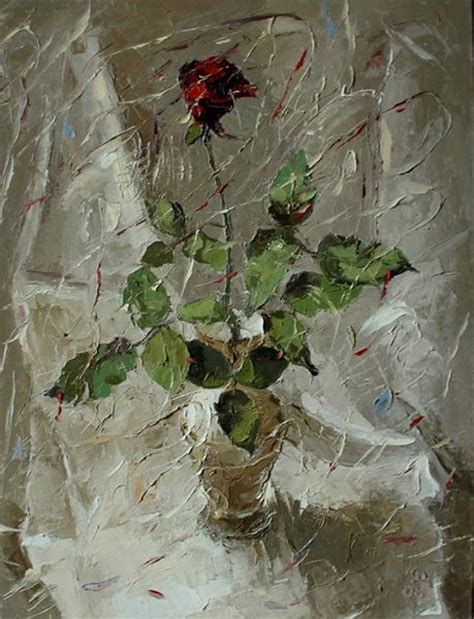A Quote by David Hume
Beauty, whether moral or natural, is felt, more properly than perceived.
Related Quotes
Meditation is another dimension of natural beauty. People talk about appreciating natural beauty-climbing mountains, seeing giraffes and tigers in Africa, and all sorts of things. But nobody seems to appreciate this kind of natural beauty of ourselves. This is actually far more beautiful than flora and fauna, far more fantastic, far more painful and colorful and delightful.
A spontaneous act of generosity, performed with unselfish grace is an example of moral beauty, as are certain acts of courage; genuine modesty is a possible example, as is selfless love. Although moral beauty is a natural gift, it is nevertheless more likely to emerge and flourish in societies that appreciate and encourage it.
I think, in all fields, there's this motherhood pay penalty where, the second you become a mother - and this is true whether you give birth or adopt - you're perceived to not be as committed to your job. Whereas men are perceived as breadwinners who now need more money and promotions because they're fathers.








































